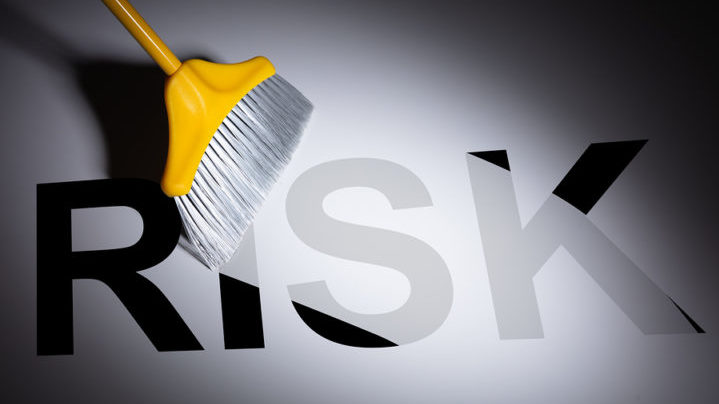Think of most people you know from your day-to-day life who are “rich” or even “doing really well” – they’re usually business owners. I want to acknowledge this is not for everyone and not everyone will become self-employed. And I’m not talking about the tradie or contractor who has their own, one-person business. I’m talking about having a business that employs people, has systems and processes, and is very profitable. A business where you, as the owner, can step aside for four weeks without doing anything and it would still run and make money. This is what I’m aiming for.
While my media business is a bit hard to leave because I’m personally part of the product, I’m building systems and processes that stand up and work on their own without me being there (I’d have to ensure I pre-record content).
My challenge for those who are currently self-employed and “doing their own thing” is to be ultra-certain that you’re actually making money. One way to know is to look at an equivalent employee in your line of work, skill level and experience and see what the going salary is in your location. Then check your financials for the past year and see what you drew from the business.
I believe you should look at being paid market salary plus at least 20 per cent profit (or premium!). If in doubt, ask your accountant. If it’s clear you’re not generating at least market rates for the time and effort you spend in the business and for taking on that risk, I believe you may have some decisions to make.
Business owners can often cop a bit of hate for making money. I want to unpack that the reason for this is that if you embark on starting a business, you need to be unapologetic about making a profit – as long as you’re playing to the rules of the land and not committing tax evasion.
To me, it all comes down to risk. We know, or have at least heard of, the phrase “the higher the risk, the higher the return” and this is no different for the concepts of business investment. I also want to draw a parallel to an insurance policy. You transfer the risk of you having to cough up money for a car if you crash it. You pay the insurance company a premium to carry that risk for you (or to transfer the risk to them). In the same way, business owners take on risk every day. Whether it is the risk of going out of business and losing money due to things out of their control (think COVID-19), someone walking into their shop or office and slipping over, a loophole in their insurance policy that means they aren’t covered, or even the risk of engaging people they hire. It’s risky to be the provider of work for your team so they can make a living and provide for their family.
What’s more, as a business owner you often take a risk that your idea might not work and you might lose money that you have invested into your own business. Not everyone is cut out for these risks. In that light, I believe a business owner is paid a premium in the way of profit for taking on these risks in their life. Now, the bigger the risk, the bigger the profit really. It goes hand in hand with this: the more people you help, the bigger the business you need and the more inherent the risk you take on.











